Summary
The moderator first introduced the ongoing negotiations (Intergovernmental Negotiating Committee on Plastic Pollution: INC) to agree on an International Legally Binding Instrument (ILBI) on plastic pollution. The moderator noted that the discussions in the INCs are based on a life-cycle approach and require synergistic approaches such as circular economy, addressing marine plastic pollution and decarbonisation, and that a wide range of issues need to be negotiated. Looking ahead to the final INC: INC5 to be held in November-December 2024, the moderator noted that the time left for discussion was very short and invited speakers to present their expectations for INC5. Firstly, the session provided an analysis by an expert of international environmental treaties that plastic pollution has multiple links to climate, pollution, ecosystem, health and economic impacts, and emphasised the need for a synergistic approach.
The main message of the presentation was to substantively advance the negotiations towards a plastics treaty using evolutionary mechanisms such as periodic assessment and ratchet mechanisms, and emphasised the need for clearly defined targets as the treaty will have an impact on government policies and business operations.
Secondly, the session noted that although convergence has been achieved on several provisions issues, there are still a significant number of issues to be resolved in the draft: definition of problematic plastics and chemicals of concern, financial issues, trade-related measures, etc. The main message of the presentation was that the way forward is to agree on a basic framework and core elements, and to strengthen the measures over time as the scientific evidence and countries' capacities improve.
Thirdly, the session introduced ASEAN's perspective on the Global Plastics Treaty, emphasising the importance of the precautionary principle in addressing emerging threats from plastic pollution. The presentation highlighted the need to define Common but Differentiated Responsibilities (CBDR) for an equitable transition, the need to broaden the scope of the negotiations to include chemicals in plastics, and to include EPR as a key mechanism to promote recycling and reduce environmental impacts. The key message was that ASEAN countries expect the treaty to balance responsibilities, support implementation and protect national economies.
Fourthly, the session emphasised that a strong regulatory approach, such as the Montreal Protocol, can improve environmental outcomes and facilitate technological innovation, and suggested that tackling plastic pollution through stronger regulation could have similar benefits. Key messages on expectations from the INC process include a global ban and phase-out of harmful products, chemicals and polymers, global product design requirements, and the implementation of a technical and financial package for developing countries.
The question-and-answer session focused on integrating scientific and technological advances into the treaty framework, understanding the national interests and domestic policy implications., and Japan's and ASEAN's views on addressing plastic pollution.
Key Messages- A synergistic approach that integrates circular economy principles, addresses marine pollution and aligns decarbonisation efforts will effectively address plastic pollution and lead to sustainable outcomes.
- A step-by-step process, agreeing on core elements and strengthening measures as science evolves and countries build capacity, will ensure progress on plastic pollution.
- The treaty must address critical issues such as problematic plastics, chemicals of concern and the need for strong product design standards, as well as a package of technical and financial assistance for developing countries.









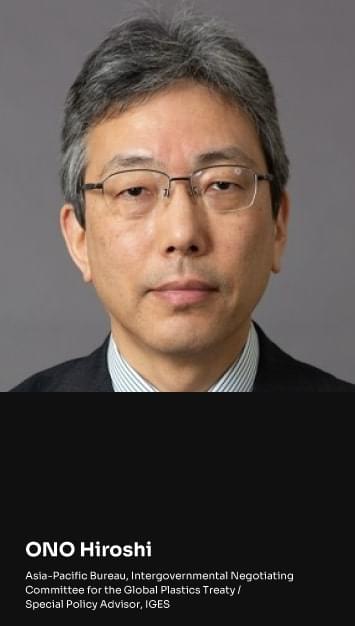
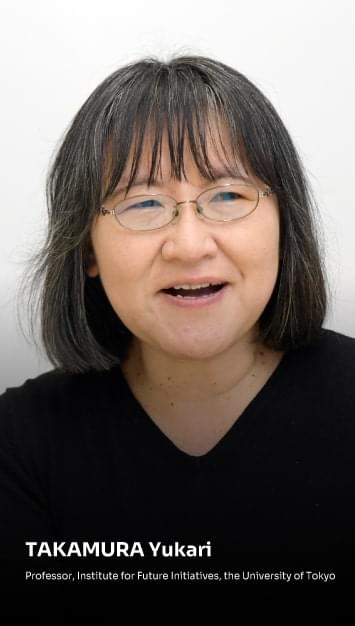
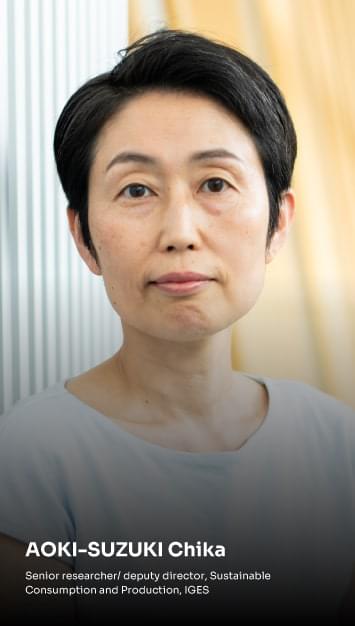
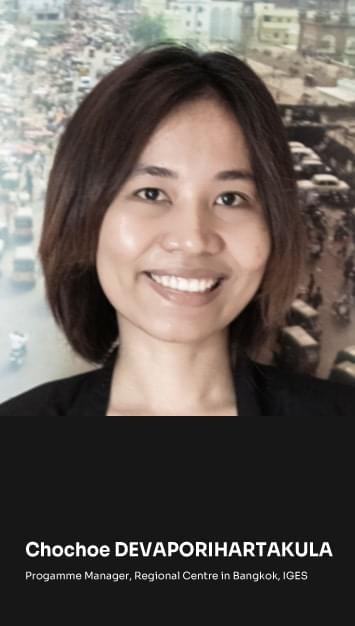
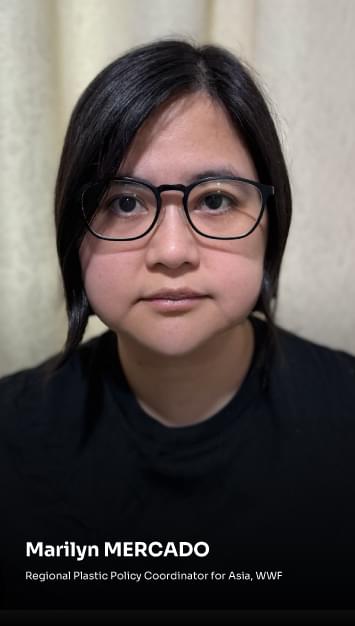
-min.JPG)
-min.JPG)
-min.JPG)
-min.JPG)
-min.JPG)
-min.JPG)
-min.JPG)
-min.JPG)
-min.JPG)
-min.JPG)
-min.JPG)
-min.JPG)